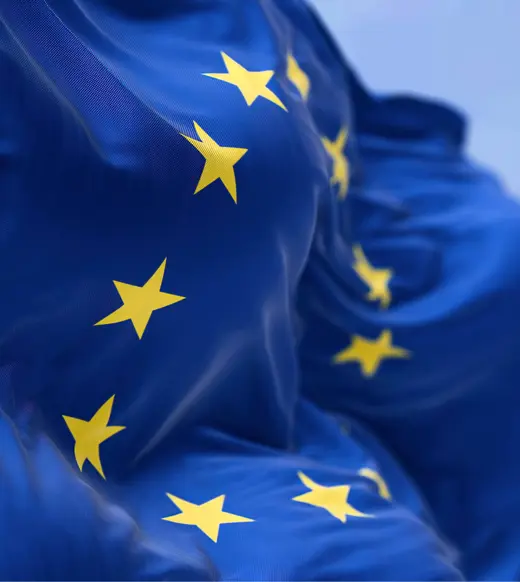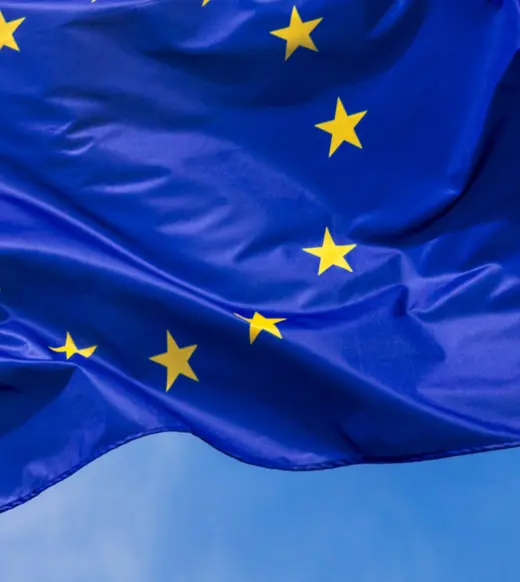Ireland hosts 78% of European Exchange-Traded Funds (“ETFs”) and services more than 40% of global alternative assets (Irish Funds, 2025). For US managers seeking a route into European markets, Ireland has become the preferred choice. This did not happen by chance. It reflects a long-term strategy built around clear regulation, tax consistency, and strong operational infrastructure.
Ireland’s position as a European hub for alternative funds stems from methodical development. Government, regulators, and industry worked together to build a jurisdiction designed from the outset for cross-border distribution. The results show how effective coordinated frameworks can be when each part supports the others.
Ireland's enduring appeal for global managers
During our recent panel discussion about setting up and distributing investment funds in Ireland,
Fionán Breathnach commented that "Irish domicile funds don't pay any income tax or corporation tax.” She elaborated that “non-Irish investors in Irish funds generally don't pay any withholding tax on distributions and redemptions."
But tax efficiency only tells part of the story. What keeps managers returning is predictability. The Central Bank of Ireland doesn't just regulate: it consults. Open dialogue replaces regulatory surprises. For managers planning multi-year fund strategies, this relationship matters more than promotional tax rates.
Our webinar panel featured John Bohan (Apex Group), Andrea Kelly (PwC), Fionán Breathnach, and Catriona Cole (Matheson), and provided a clear explanation of how Ireland’s system works in practice.
Efficient authorisation processes
Ireland’s authorisation timelines remain a distinguishing feature. Qualifying investor Alternative Investment Funds (“AIFs”) receive approval within 24 hours. As Catriona Cole explained, “You submit the core documents to the central bank today and your fund is authorised tomorrow.” For managers with time-sensitive launch schedules, this represents meaningful operational efficiency.
Preparation is central to this timeline. Directors undergo fitness and probity assessments, and documentation must be complete before submission. The rapid approval reflects the strength of Ireland’s process, not shortcuts.
Structures that work for modern strategies
Irish Collective Asset-management Vehicles (“ICAVs”) remain the structure of choice for many US managers entering Europe. Their flexibility, tax features, and ability to “check the box” for US tax purposes support a wide range of strategies.
Investment Limited Partnerships have also gained significant momentum as private markets have grown. Legislative updates and changes to Ireland’s participation exemption strengthened their suitability for private equity, private credit, and related strategies. Ireland now offers structures that match the needs of sophisticated managers.
Third-party management company advantages
Ireland’s ecosystem also includes strong third-party management companies. These platforms allow managers to launch funds without building local teams.
As Breathnach noted, they “can work very closely with the lawyers on the ground in Ireland in terms of assisting with the authorisation process and almost being the investment manager's eyes and ears on the ground.”
This provides both cost efficiency and strategic flexibility. Successful fund launches can scale naturally – and unsuccessful attempts do not leave managers with costly operational commitments.
Getting European distribution right
The panel highlighted an important insight: targeted European registration often outperforms broad EU registration. Managers who focus on high-priority jurisdictions tend to achieve stronger results than those who register widely and hope to gain traction. Ireland’s ecosystem supports this approach, with service providers who understand regional dynamics and investor behaviour.
The treaty advantage
Ireland’s tax treaty with the US offers a unique benefit. As Andrea Kelly noted, it is “the only treaty to recognise a collective investment scheme as entitled to claim treaty benefits”. For ETFs, this results in a 15% withholding tax rate instead of the 30% rate applied in other jurisdictions. Combined with operational expertise in ETF servicing, this helped Ireland secure 78% of the European ETF market.
What comes next: AIFMD II and loan origination
Ireland prepared early for the forthcoming Alternative Investment Fund Managers Directive II (“AIFMD II”) framework. The Central Bank already permits AIFMD II compliant structures, giving managers early insight into the new requirements. This is especially relevant for private credit strategies. The European loan origination regime will be more flexible than Ireland’s current domestic rules, and funds can already be established under the new framework.
Watch the webinar on demand
The full recording of the panel discussion provides detailed guidance for fund managers considering Ireland for fund launches. To understand how the framework applies to your strategies, timelines, and objectives, watch the complete webinar on demand.






